Research Interests
Complex Networks and Socio-Technical Systems
A plethora of natural and artificial systems consists of the interconnection of basic units, where the global, observable behavior of the system is much richer than the behavior of its constituents and cannot be easily predicted starting from observations at the unit level. Relevant examples are the spreading of epidemics in populations, the diffusion of innovation in socio-technical systems, the flocking of birds and schooling of fish, the coordination of autonomous vehicles. We are engaged in characterizing, modeling, and controlling such systems, both from a theoretical and an applicative point of view. We are at present focusing on epidemic spreading in heterogeneous networks with time-varying connections, and on the effect of individual behavioral traits on the global response of the system.
Cooperative and social robotics
While many of the issues in modeling and control of industrial and mobile robots have been solved, there is still need of coordination and cooperation strategies to steer complex actions in uncertain fields, such as agriculture, disaster relief, manipulation in coordinated environments, surveillance. Robots are very often called to operate in harsh and unstructured environments, providing robustness to communication shortages or other faults. Distributed approaches can provide effective solutions, whereby robots should collectively and spontaneously agree on coordinated operation plans, mainly through peer-to-peer communication, without the need of a centralized coordination unit that may be overloaded and constitute a single point of failure. Our group is involved in several research projects that aim at coordinating in an efficient and distributed way robotic agents of heterogeneous nature. A particular focus has been recently given to heterogeneous teams of manned and unmanned robots or vehicles.
Data-Driven modeling and control
The big-data and machine learning hype has not left the systems and control community unaffected. Many modeling and control strategies based solely on data have been devised by several research groups. Although impressive results have been achieved by the community, most of the high-performance black-box controllers in diverse fields lack interpretability, since they prescind from the physical laws that regulate the phenomena. Our group aims at bridging this gap, by devising hybrid controllers based on an effective interplay of physical modeling and data-driven techniques, with particular focus on robotic and mechatronic systems.
Sustainable Mobility
The revolution in everyday individual mobility is under everyone’s eye and is proceeding at high speed. Shared services of different nature (scooters, bicycles, electric and traditional cars), long-term rentals, car-pooling services, fully electric and plug-in electric vehicles are revolutionizing our lifestyle. With the debut of autonomous cars in view and the consequent coexistence of manned and unmanned vehicles in our streets, unexplored complex scenarios must be managed, involving technological, social, economic, behavioral, and psychological issues. Our research group is pursuing several research avenues in this new fascinating landscape, joining rigorous modeling and control theory with the analysis of transport data and human behavioral traits, toward the solution of complex problems. Relevant examples are the design of rebalancing strategies for shared vehicles, coordinated control strategies for manned and unmanned vehicles, control of smart intersections, to name a few.
Projects
-
Collaborative Research: Agent-based Modeling Toward Effective Testing and Contact-tracing During the COVID-19 Pandemic
National Science Foundation RAPID Grant, PI Dr. Maurizio Porfiri,, co/PI Dr. Zhong-Ping Jiang.
-
Connected Drones: Cloud-based Framework of risk-aware intelligent navigation
(PI), individual grant by TIM (Telecom Italia)
-
Hacking a complex world: unraveling the mechanisms underlying complex social and technological phenomena
Joint projects with top universities funded by Compagnia di San Paolo. In cooperation with Dr. Maurizio Porfiriat New York University Tandon School of Engineering
-
Macro to Micro: uncovering the hidden mechanisms driving network dynamics
Cooperation agreement between the Italian Ministry of Foreign Affairs and International Cooperation and the Ministry of Science and Technology of the State of Israel. In collaboration with Dr. Guido Caldarelli and Dr. Baruch Barzel
-
Multi-modal crowd sensing to monitor buildings in smart cities
(PI), research grant funded by the Siebel Energy Institute, in collaboration with the MIT Senseable City Lab and Giorgio Guglieri, Professor of Aerospace Engineering at Politecnico di Torino
-
Network Science and Data-Driven Models to model, control, and optimize complex systems
(PI), individual grant awarded by Compagnia di San Paolo
-
Network-based Modeling of Infectious Disease Epidemics in a Mobile Population: Strengthening Preparedness and Containmen
(Senior Personnel 1/1), in collaboration with Maurizio Porfiri, supported by the US National Science Foundation and Compagnia di San Paolo
-
Smart decision module in airborne platform solution for integrate surveillance systems
(co-PI), research contract with Leonardo Airborne and Space Systems, Torino, Italy
